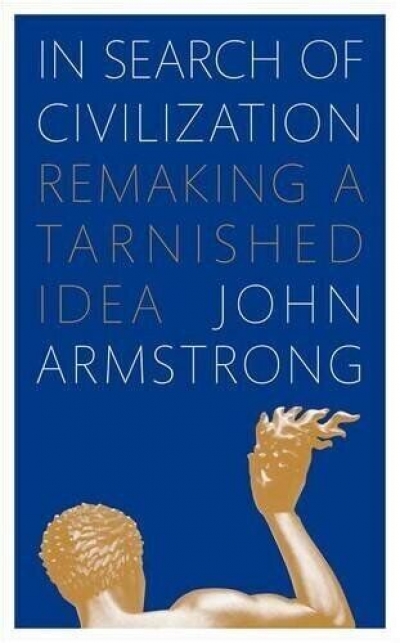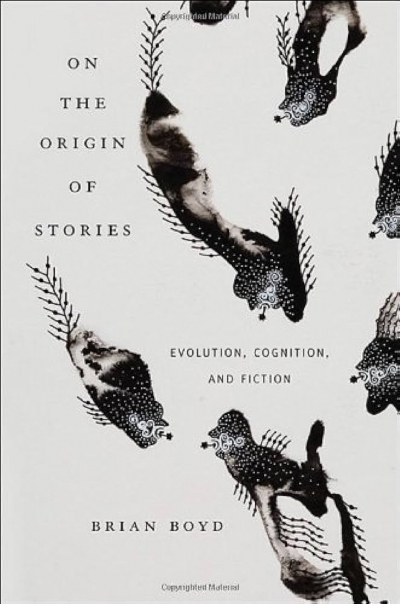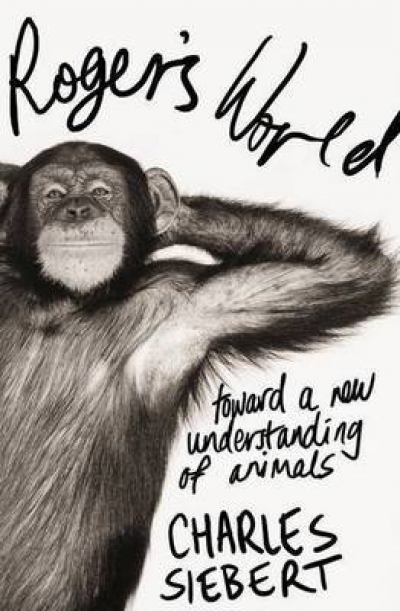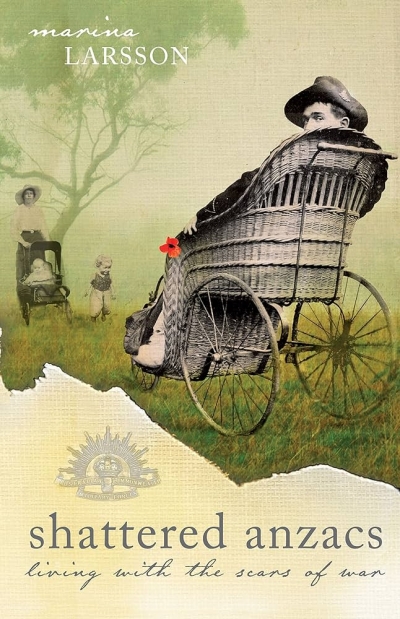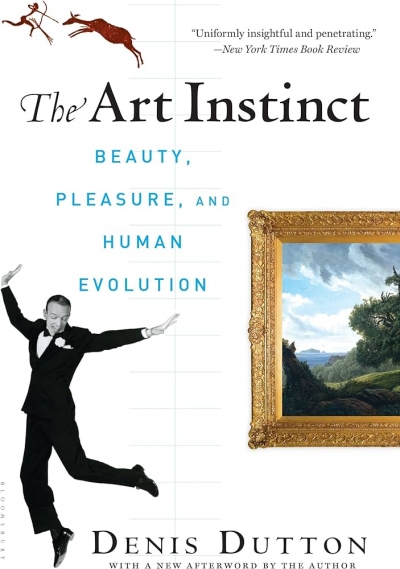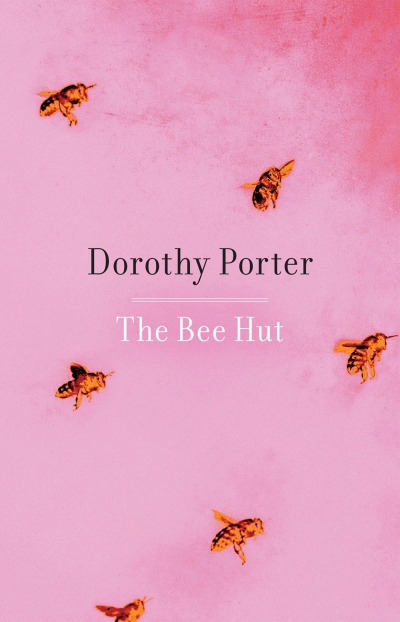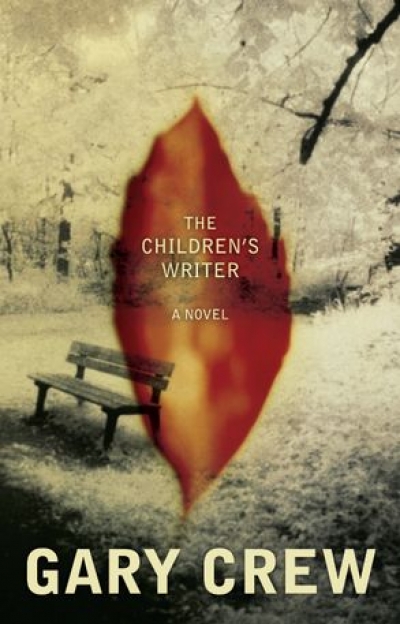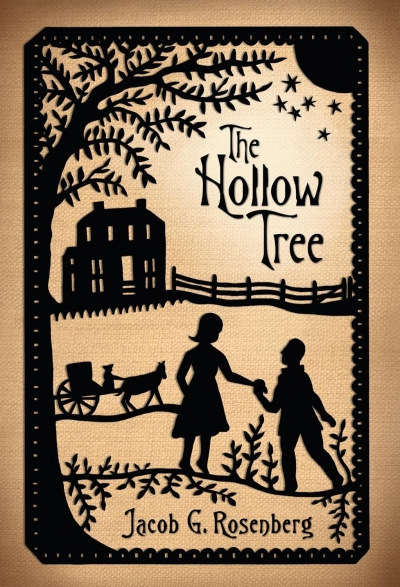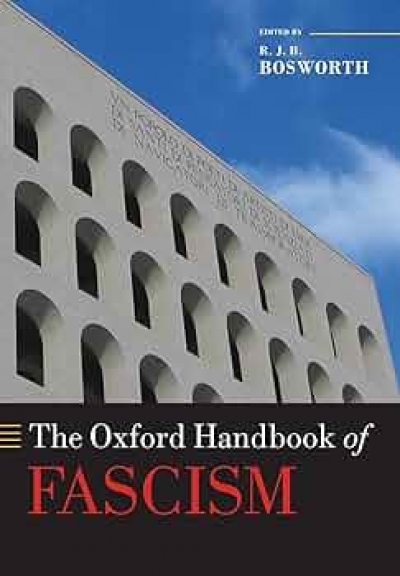Archive
On Little Bourke Street it’s the bewitching hour
of winter dusk’s last riffs playing
long mauve shadows down the blocks,
waking the neon calligraphy, its quavering script
mirrored on the warm sheen of the Noodle King
where a man slaps and pummels the dough
into a pliant wad. He takes a fist-sized ball
and starts his noodle magic, stretching the bands,
the sleight-of-hand plain for you to see,
weaving a stave of floury silent music.
In Search of Civilization: Remaking a tarnished idea by John Armstrong
by Tamas Pataki •
On The Origin of Stories: Evolution, cognition, and fiction by Brian Boyd
by Lisa Gorton •
Roger’s World: Toward a new understanding of animals by Charles Siebert
by Kathleen Steele •
Shattered Anzacs: Living with the scars of war by Marina Larsson
by Peter Pierce •
The Art Instinct: Beauty, pleasure and human evolution by Denis Dutton
by Helen McDonald •

